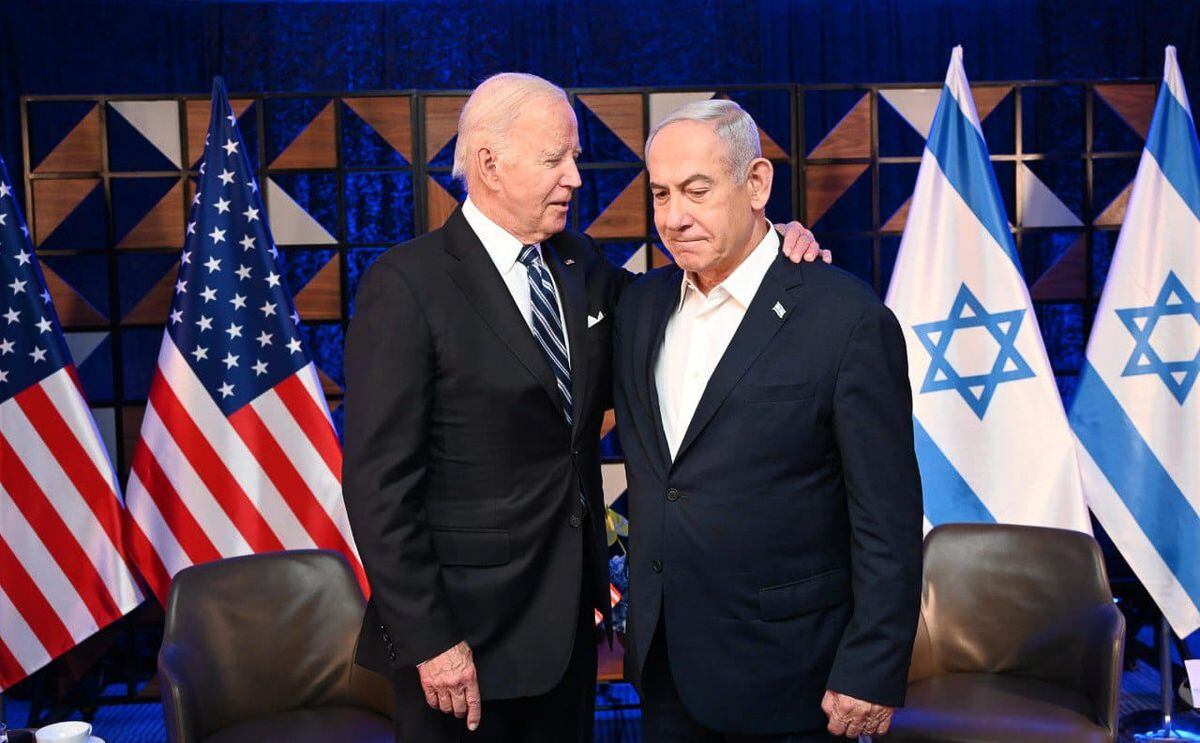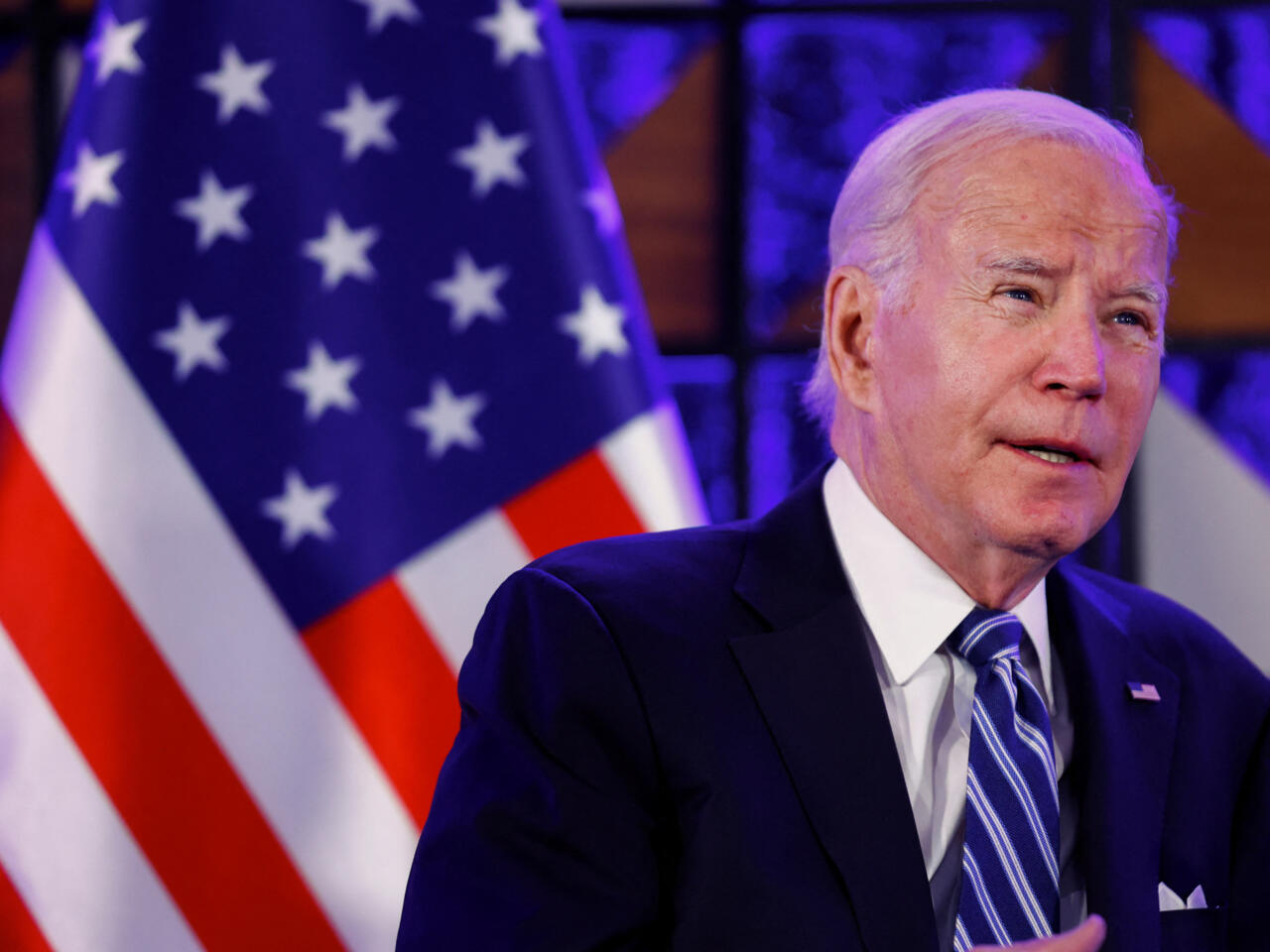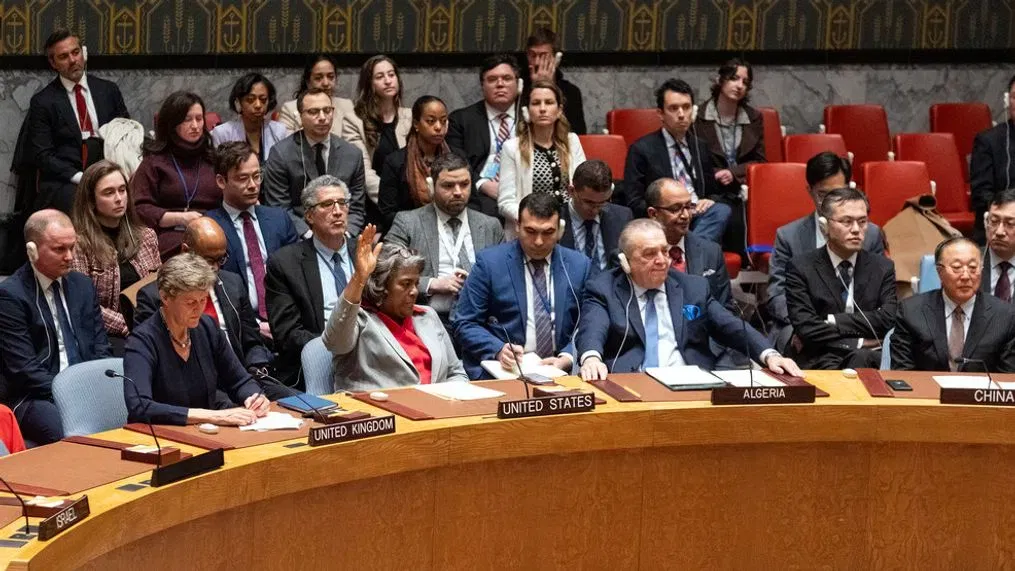Relations between President Joe Biden and Prime Minister Benjamin Netanyahu reached a critical juncture as the United States abstained from a significant United Nations Security Council vote on a Gaza ceasefire resolution.
The decision drew sharp criticism from Netanyahu, who subsequently canceled a planned visit to Washington by a senior Israeli delegation.
The canceled meeting exacerbates existing tensions between the two allies and complicates efforts to address the escalating humanitarian crisis in Gaza. The U.S. has been urging Netanyahu to consider alternatives to a potential ground invasion of Rafah, which remains one of the few safe zones for Palestinian civilians.

The abstention marks a departure from longstanding U.S. policy of staunchly supporting Israel at the UN, signaling growing frustration with Netanyahu’s approach to the conflict.
Biden, facing pressure from within his own party to rein in Israel’s military response to Hamas, must navigate a delicate balance between supporting Israel and addressing international concerns about the crisis in Gaza.
Netanyahu, meanwhile, faces domestic challenges from hardline coalition members demanding a tough stance against the Palestinians.
The cancellation of the Washington visit further highlights the strained relationship between the two leaders, who have had a testy rapport even in more favorable times.

Despite the setback, both governments remain in communication, with Israeli Defense Minister Yoav Gallant proceeding with high-level meetings in Washington.
However, the rift between Biden and Netanyahu continues to deepen, raising questions about the future of U.S.-Israel relations under the Biden administration.
The challenge for Biden and Netanyahu is to prevent further escalation and find a path toward resolving the conflict in Gaza while maintaining diplomatic ties between their respective countries.





